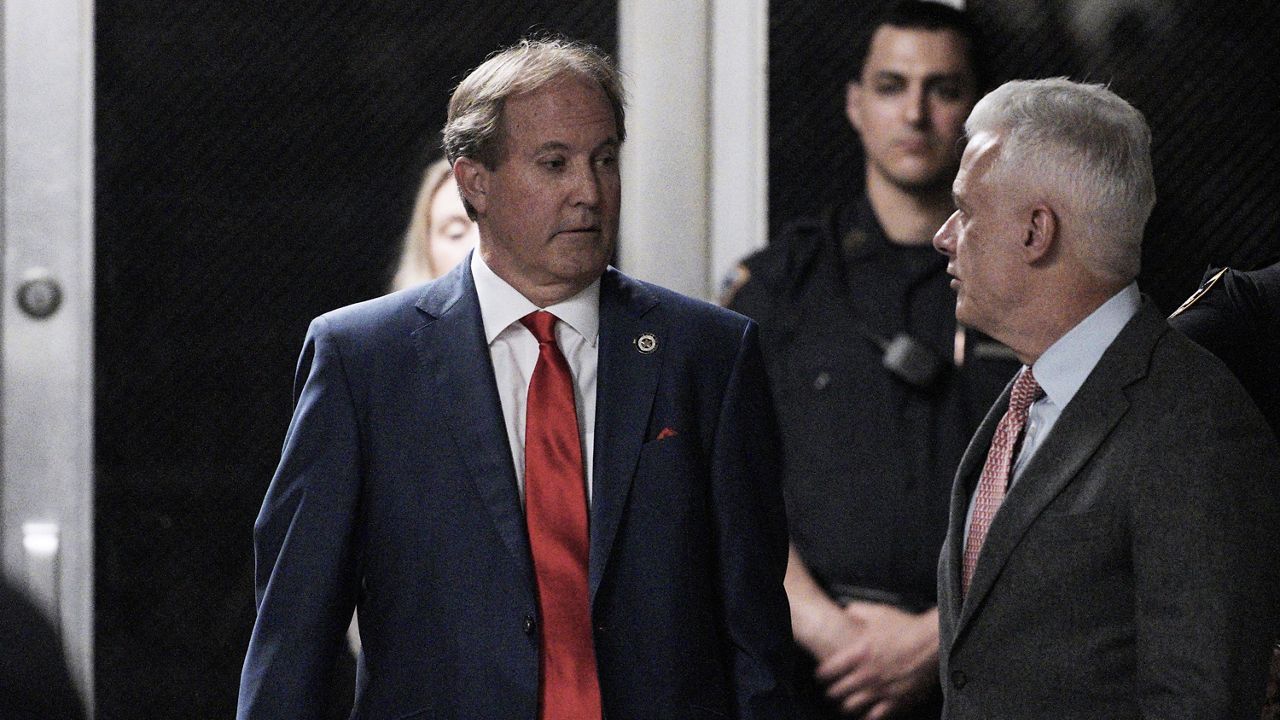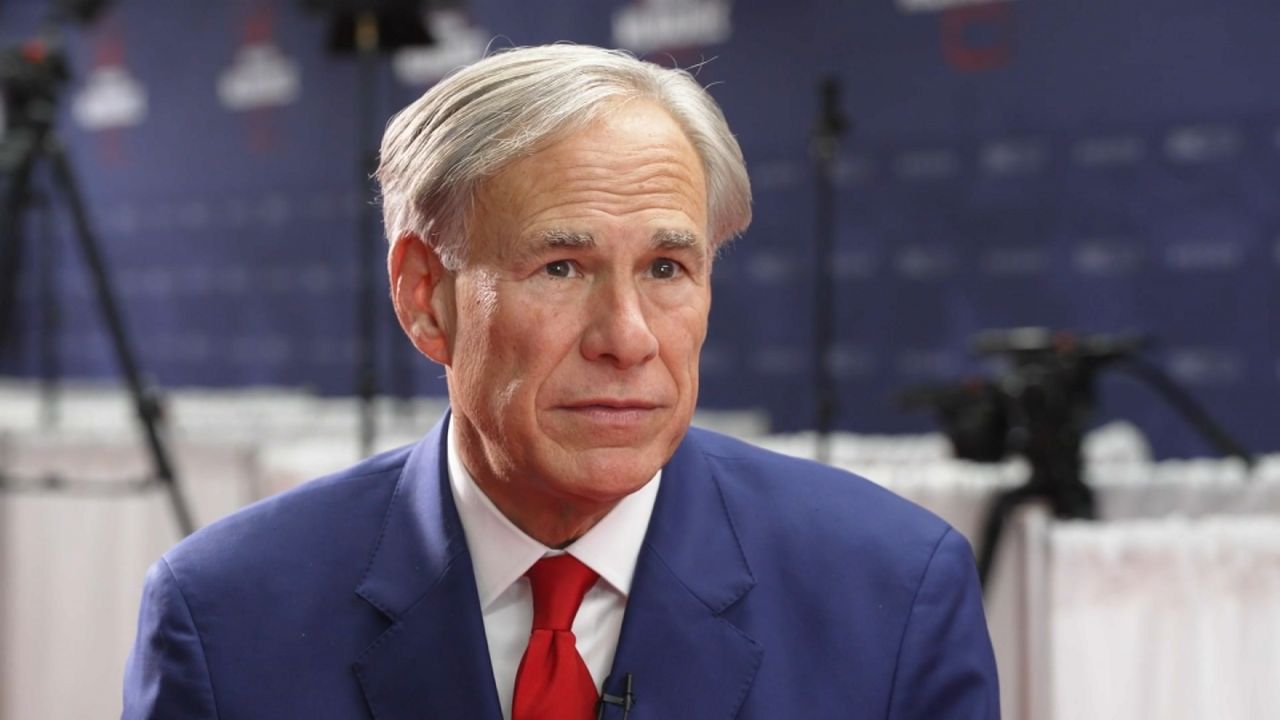WACO, Texas — Baylor University’s office of Diversity and Inclusion office was created in 2018 by Brittney Wardlaw. She was an attorney and former Title IX coordinator at Liberty University in Virginia. Wardlaw was recruited by Baylor in 2017 to improve its new Title IX office. But now, three years later, Wardlaw finds herself on the McClennan County courthouse steps in Waco, speaking out with a bullhorn. Only this time, the message is different. “I have watched the staff members with little or no recourse are demoted and or terminated for their failure to conform to a white culture,” said Wardlaw.
It was a stunning turnaround. Baylor and Wardlaw have parted ways. Wardlaw says she resigned in May of this year after three years of fighting the system, essentially forced to resign by bosses who fought her push for equity and diversity.
She says it was only days after she first started at Baylor that her bosses made it clear they were not interested in change. “This is about to be an uphill struggle to get them to understand the value of equity and this was the beginning of a long, long battle,” Wardlaw said.
Wardlaw adds that she was removed from the Title IX office just weeks after she started and encouraged to take a settlement and leave Baylor. She refused but convinced administration to allow her to create the office of campus Diversity, Equity and Inclusion. And while she was granted the start-up, she says many of her attempts to fully operate the office were rejected. In an email from her supervisor dated August 4, 2018, Wardlaw is told… “I prefer that we do not have the Equity Office number published. It gives an incorrect perception. Since it’s not a full office…”
Wardlaw says discrimination complaints still came in to the office via email. One of them was from Jewel Bishop, a manager at Baylor’s College of Nursing. We reached out to Bishop and she recounted of how her boss, a white female, made it nearly impossible to do her job. “I could never do anything right,” said Bishop. “If I raised a concern it was either brushed off as insignificant or I was being difficult and toward the end there I was just an angry Black woman.”
Bishop’s complaint found its way Wardlaw who says when she tried to interview Bishop’s boss as part of the investigative process, her own boss stopped the investigation. “So she sends an email after that confirming ‘we are going to take a break, press pause on that investigation,'” said Wardlaw.
With no investigation, Jewel Bishop had no protection. A short time later she says she was terminated. Wardlaw says got things worse in for her late last year when she and the Black Faculty Association submitted recommendations to administration on improving recruitment of minority faculty and staff. “This was a nail in my career,” said Wardlaw. “This letter with BFSA, it just tail-spinned from there.”
By May of this year, Wardlaw says she had been reassigned due to the pandemic and had grown tired of the fight, tired of advocating for advancement and inclusion. After three years of trying to improve the culture for minorities at Baylor, she resigned. “Why does this institution have every single person of leadership is white,” Wardlaw asks. “Every single President’s Council member, every single provost, every single dean. We had a huge celebration because we had a Black woman who is the chair of department now. Let’s celebrate because a school that 175 years old cannot manage to find a Black person competent enough to lead.”
Baylor officials declined our numerous requests for an interview. The university did issue a statement. While they do not address specific allegations, they do say “Baylor is committed to treating all students, faculty and staff with respect and dignity, promoting equal opportunities, and prohibiting discriminatory practices, including unlawful discrimination. Complaints are thoroughly investigated by either internal staff or external firms.”
Baylor adds: “Over the past three months… Baylor has undertaken a number of significant actionable steps… to address issues of equity and racial justice on our campus.”
Other steps are laid out in a statement issued by President Linda Livingstone in June. They include requiring diversity training, strengthening staff diversity, and holding a weekly prayer service for justice and healing.
Wardlaw responded to that statement: “Why is this important now? When people were fighting for this very thing… for years. And it’s important now? What changed? Everybody’s watching, that’s what changed.”
Below is the full statement from Baylor University:









